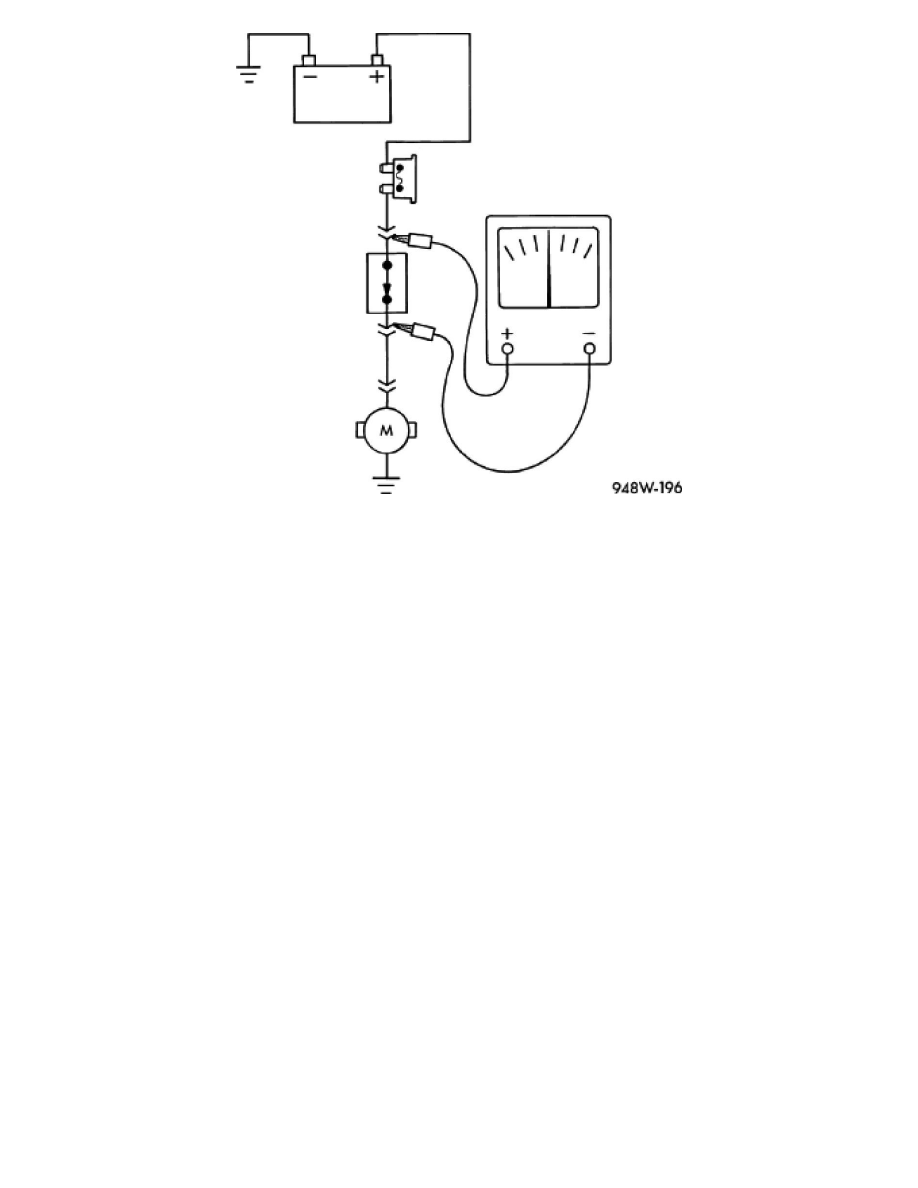Grand Cherokee 2WD V6-3.7L (2008)

1. Connect the positive lead of the voltmeter to the side of the circuit closest to the battery.
2. Connect the other lead of the voltmeter to the other side of the switch, component or circuit.
3. Operate the item.
4. The voltmeter will show the difference in voltage between the two points.
Troubleshooting Wiring Problems
DIAGNOSIS AND TESTING - WIRING HARNESS
TROUBLESHOOTING TOOLS
When diagnosing a problem in an electrical circuit there are several common tools necessary. These tools are listed and explained below.
-
Jumper Wire - This is a test wire used to connect two points of a circuit. It can be used to bypass an open in a circuit.
WARNING: Never use a jumper wire across a load, such as a motor, connected between a battery feed and ground.
-
Voltmeter - Used to check for voltage on a circuit. Always connect the black lead to a known good ground and the red lead to the positive side of
the circuit.
CAUTION: Most of the electrical components used in today's vehicles are Solid State. When checking voltages in these circuits, use a meter
with a 10 - megohm or greater impedance rating.
-
Ohmmeter - Used to check the resistance between two points of a circuit. Low or no resistance in a circuit means good continuity.
CAUTION: Most of the electrical components used in today's vehicles are Solid State. When checking resistance in these circuits use a meter
with a 10 - megohm or greater impedance rating. In addition, make sure the power is disconnected from the circuit. Circuits that are powered
up by the vehicle's electrical system can cause damage to the equipment and provide false readings.
